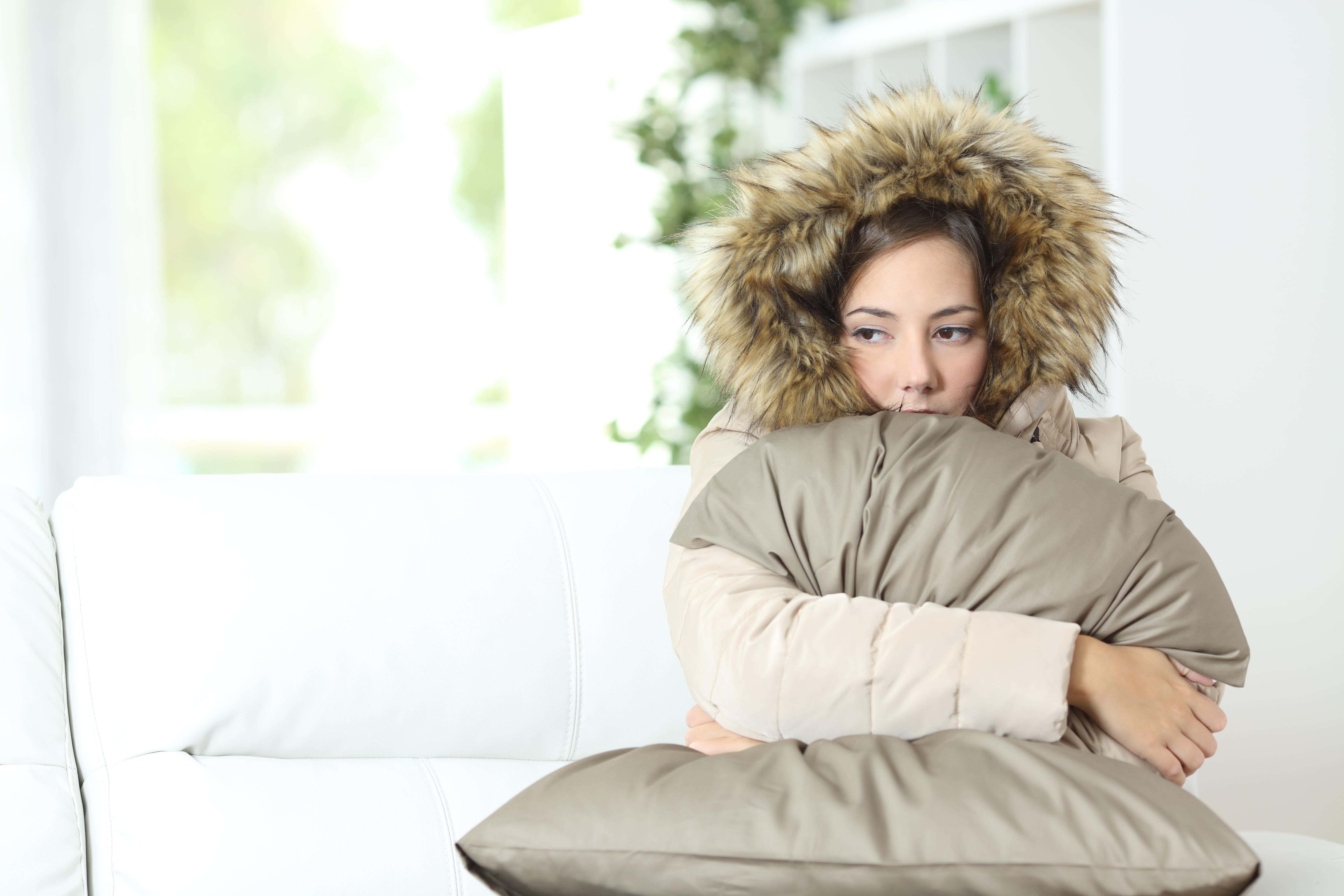5 home maintenance mistakes that could cause costly repairs this winter
Taking some time to check over the state of a property now could help households to avoid a winter chill on their finances.

It’s easy to put off repairs around the home, but the winter months can bring unresolved maintenance issues to a head, causing a financial headache for households.
With the colder temperatures having kicked in, and parts of the UK having experienced snow and stormy weather recently, Laura Lazarus, head of home claims at insurance provider Aviva, highlights some maintenance mistakes to avoid:
1. Not checking the roof.
Nearly a fifth (19%) of UK home claims between 2020 and 2024 were related to storm damage, Aviva’s own claims figures indicate.
Check your roof for loose, cracked, or broken tiles.
“Even one faulty tile could lead to water getting into your home if rainfall is heavy,” Lazarus cautions.
Leaves, fallen twigs and branches can also clog up gutters and downpipes, potentially causing costly repairs from water damage.
“If you aren’t able to check your gutters yourself, find a professional to check things over for you,” says Lazarus.
2. Leaving garden furniture outside.
Lazarus suggests securing any items that aren’t fixed or could easily blow away.
She says: “Also, secure fences and gates, and tidy away any toys and ornaments if possible. Keep in mind that many home insurers don’t always cover damage to fences, gates, and hedges from storms, even if they are covered in other circumstances.
“Have a look round your garden for any potential trip hazards, such as loose slabs, that could be difficult to spot when covered in ice or snow.”
3. Allowing pipes to freeze.
“When temperatures plummet, pipes can freeze, causing significant water damage to your home if the expansion of ice causes them to burst,” says Lazarus.
Fortunately, there are a few things you can do to stop this happening.
Lazarus suggests starting with insulating exposed pipes and your cold water tank, including pipes in the loft and outside.
As well as protecting homes from damage, insulating pipes could also potentially improve energy efficiency, she explains.
Lazarus suggests: “Try checking for leaky taps by turning them fully off. If they still drip, then get them repaired. Finally, make sure you know where your stopcock is in case the water needs turning off in an emergency.
“They are commonly found under the kitchen sink.”
4. Putting off getting the boiler serviced.
“Boiler breakdown may not be covered under standard home insurance,” cautions Lazarus.
“If you are worried about keeping your heating up and running, consider getting an appropriate add-on to your home insurance or a separate boiler cover policy so you know you are covered if the boiler does pack up.”
She cautions to take care when using portable heaters or candles over winter, adding: “Never leave them unattended.
“Or if you are looking forward to lighting your log burner or open fire this winter, don’t forget to get your chimney swept if needed. As always, make sure your fire, smoke and carbon monoxide alarms are tested and working.”
5. Not checking your insurance small print when it comes to floods.
Lazarus says: “If flood water does get into your home, don’t touch any electrics as they may be dangerous. Contact your insurer as soon as possible.”
She also suggests checking the small print of your insurance policy to make sure it suits your needs.
Households could consider “add-ons” to their policy, such as home emergency cover, “if you want some extra security this winter,” Lazarus suggests.